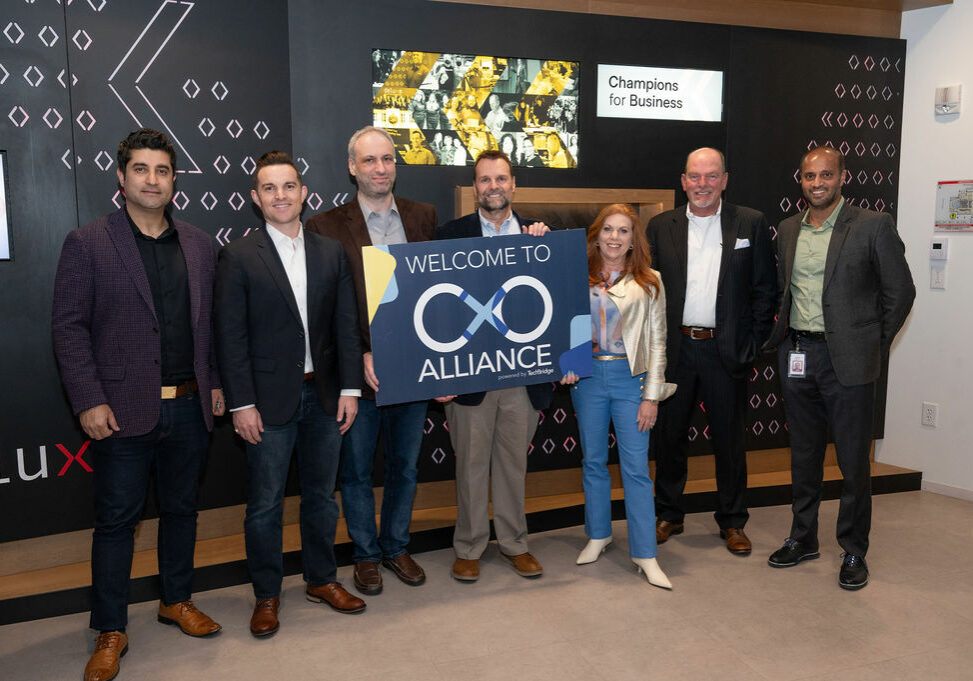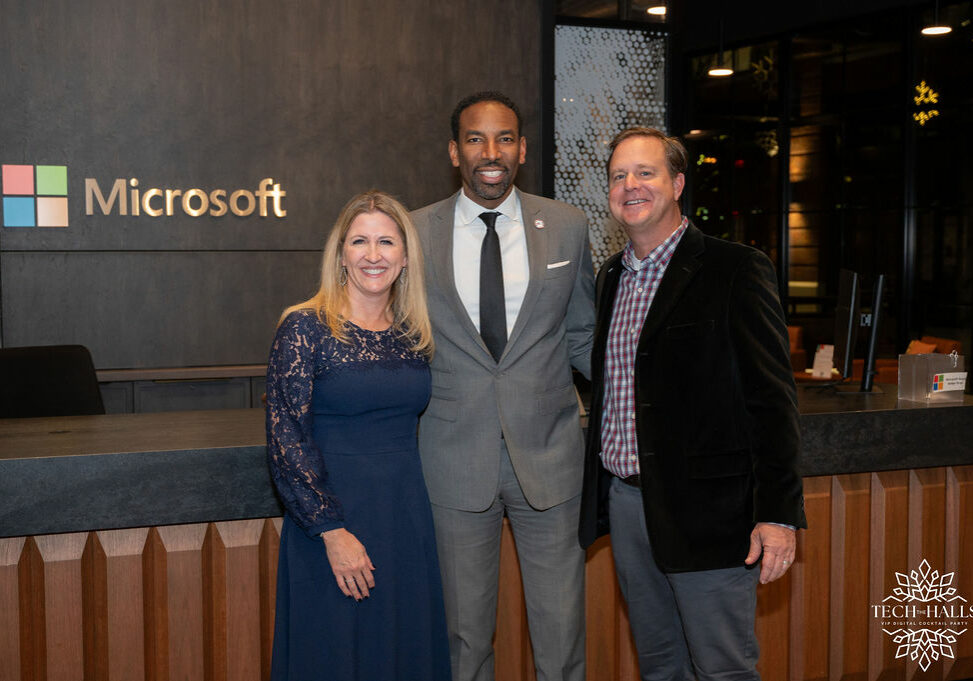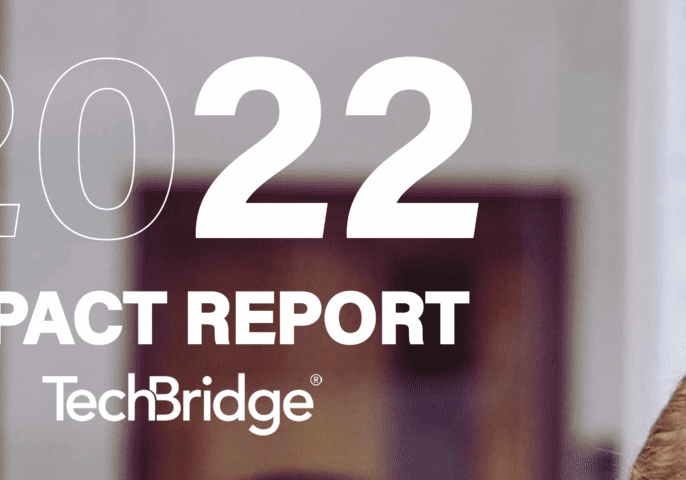New Data Sharing System to Help NYCFAC Feed More Hungry New Yorkers

Array
From to , over 1.4 million New Yorkers — including nearly one in four of the city’s children — lived in households that lacked sufficient food (source: New York City Coalition against Hunger).
Currently, over 1,000 community-based food programs distribute about $130 million worth of food annually, comprising roughly 110 million meals for hungry New Yorkers.
Despite this substantial support system, the demand for emergency food assistance exceeds the supply of available food, especially among families with children and seniors. Meanwhile, food assistance is provided by many organizations, making it difficult to assess where unmet need is greatest and how those in need are being served. To combat this problem, key organizations spearheaded by United Way of New York City and City Harvest have come together to share information about food supply, pantry allocations, and service statistics by neighborhood.
To help them do that, We created a data-sharing system using Microsoft Dynamics CRM allowing all participating organizations to see pantry allocations, actual food supply, and service statistics by neighborhood. Stakeholders can also share information on food pantry operating hours, contact information, storage infrastructure, and program type.
By […] modernizing the systems for how we track food supplies and serve clients, we are working to confront food insecurity with […] methods unlike anywhere else in the country.
— Barbara Turk, Director of Food Policy, NYC Mayor’s Office
The updated data-sharing system, which launched on , will allow the New York City Food Assistance Collaborative (NYCFAC) to increase its emergency food supply, fill meal gaps in underserved neighborhoods, and use data to set targets and measure collective progress against its goal of eliminating hunger in New York City.
By investing in high-need neighborhoods and modernizing the systems for how we track food supplies and serve clients, we are working to confront food insecurity with systematic, user-friendly methods unlike anywhere else in the country,
said Barbara Turk, Director of Food Policy in the New York City Mayor’s Office.
We drive community impact by bringing affordable technology and business expertise to other nonprofits. We focus on technology enabling nonprofits on the frontline of alleviating the causes of poverty — lack of access to shelter, food, employment, education, healthcare, and financial literacy — to expand the impacts of their missions for the millions of men, women, and children experiencing poverty. If your organization needs help, please contact us.



